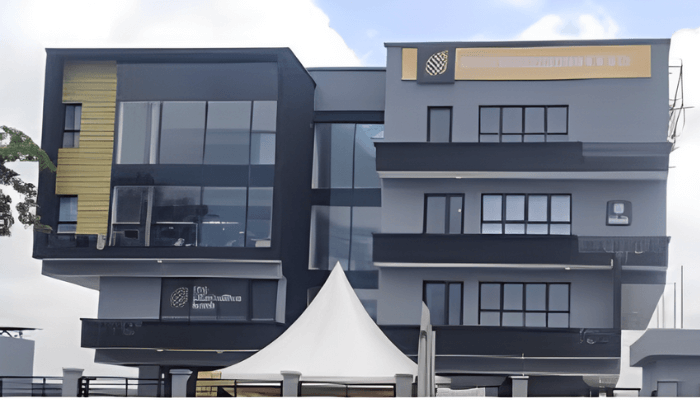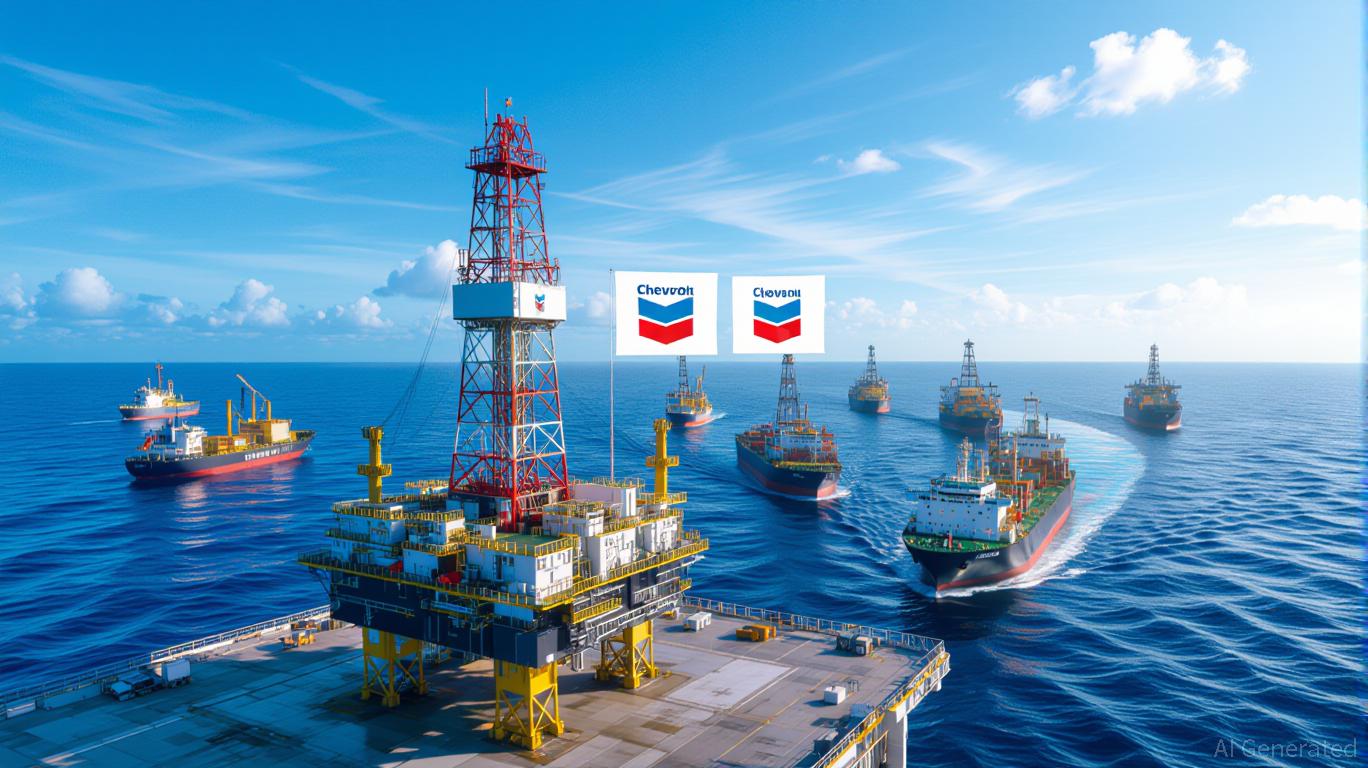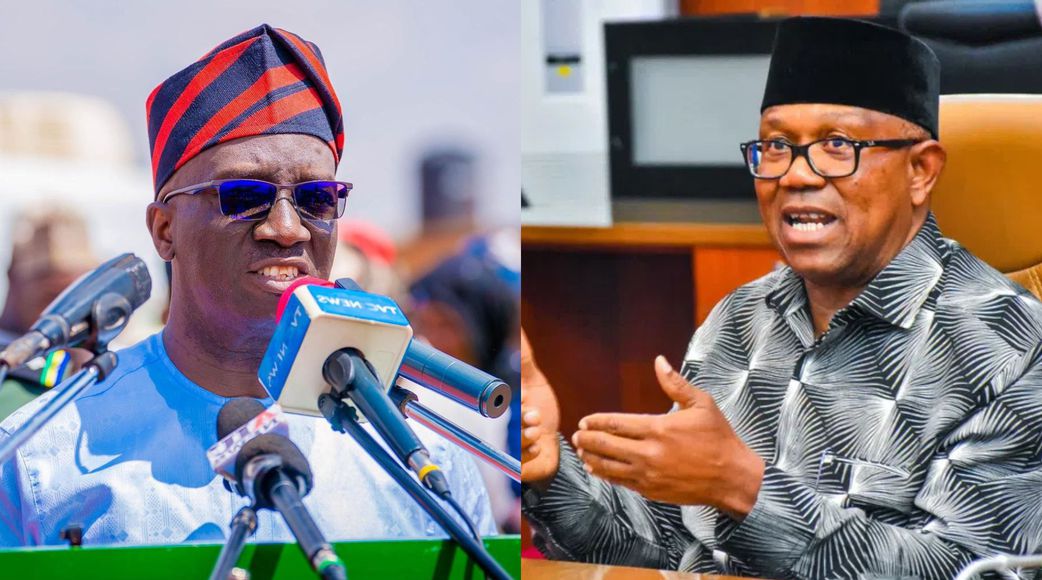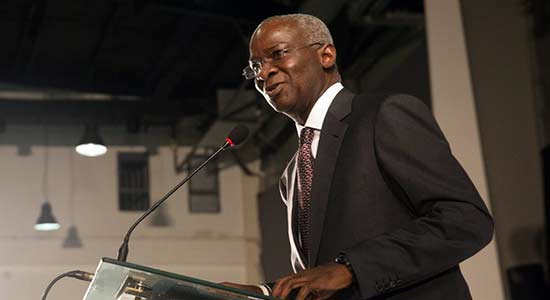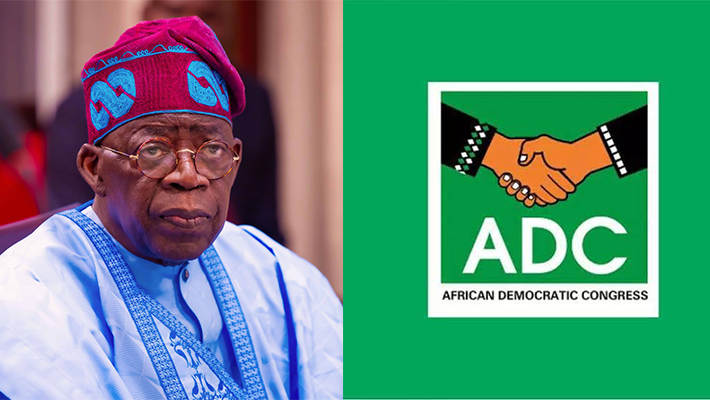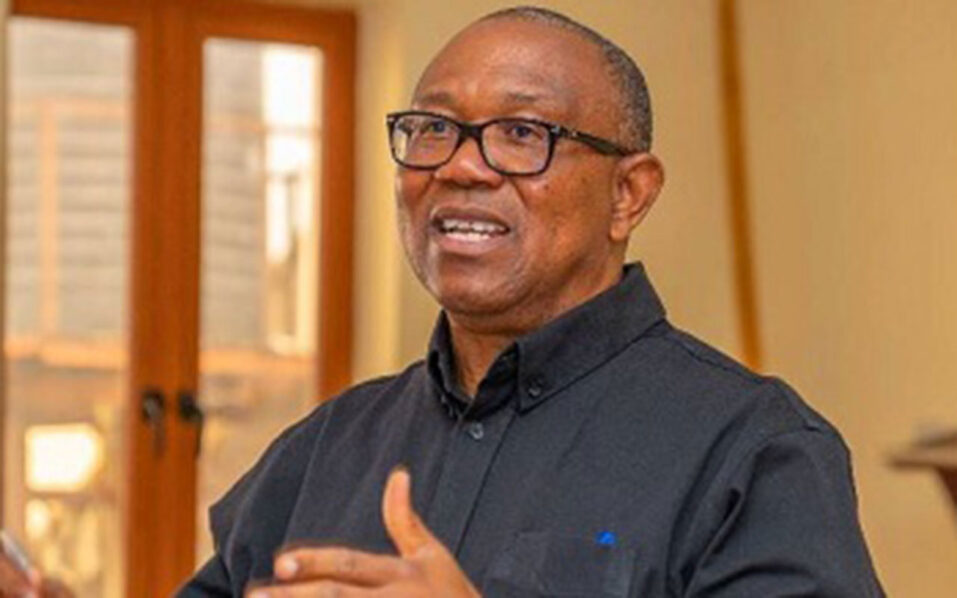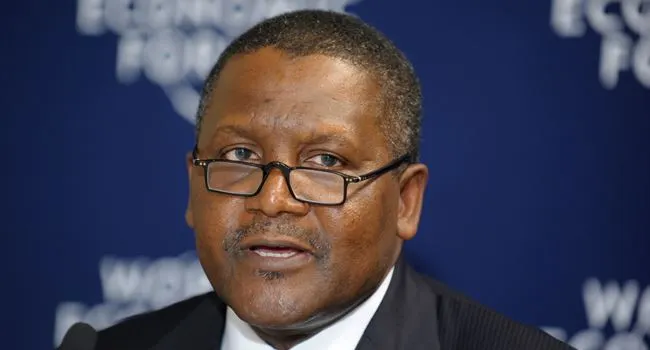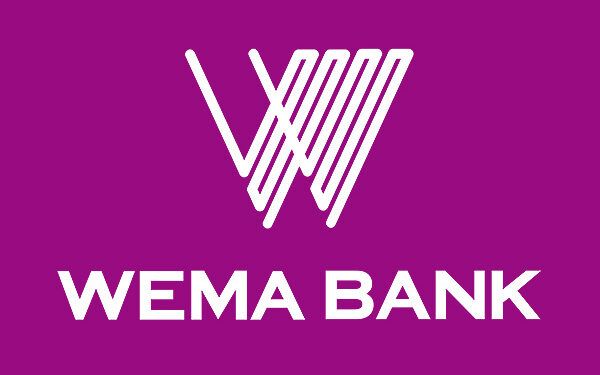Aliko Dangote, the renowned business magnate behind Nigeria’s $20 billion refinery project, has experienced a significant drop in his wealth this year, losing over $1 billion. The decline, primarily attributed to the sharp depreciation of the naira and a recent decrease in the value of his equity holdings, has impacted Dangote’s position on the global wealth scale.
According to Bloomberg data, Dangote, Africa’s richest man, now ranks 145th among the world’s wealthiest individuals. Notably, he remains the only Nigerian-born billionaire within the top 500 richest people globally and holds the title of the richest black man on earth.
The 67-year-old industrialist has maintained his position as Africa’s richest person for 12 consecutive years, closing the year with a net worth of $13.9 billion. However, the Bloomberg Billionaires Index indicates that Dangote’s wealth dropped by $1.17 billion this year. Notably, the valuation of his refinery business has not yet been factored into his net worth.
Recent SEC filings reveal that Dangote holds a commanding 86 percent stake in Dangote Cement, Nigeria’s most valuable company, with an annual production capacity of 48.6 million metric tons and a market valuation of N10.1 trillion. In addition to Dangote Cement, his other publicly traded holdings include shares in NASCON Allied Industries, Dangote Sugar, and United Bank for Africa.
The Dangote Group, a major economic force in West Africa and one of Nigeria’s largest conglomerates, has disclosed that its subsidiaries paid N474 billion in taxes to the federal government over the past three years. Despite its economic contributions, the group has faced challenges due to the Nigerian naira’s significant devaluation, making it one of the worst-performing currencies on the continent. The currency’s sharp decline followed the liberalization of the foreign exchange regime in June, an effort to stabilize the economy.
The recent downturn in the value of some of Dangote’s holdings has been attributed to foreign exchange losses and the Securities and Exchange Commission’s decision to deny a merger request involving Dangote Sugar Refinery and NASCON Allied Industries. These challenges have been compounded by persistent inflationary pressures and volatile exchange rates, further squeezing profit margins.
Dangote Industries Limited (DIL) has announced plans to sell a 12.5 percent stake in its 650,000 barrels-per-day oil refinery. The naira’s weakness against the dollar has exacerbated Dangote’s liquidity challenges, creating a disparity between US dollar-denominated debt and revenue in local currency. DIL reported a substantial $1.07 billion foreign exchange loss in 2023, with additional setbacks due to unfavorable ratings from Fitch.
Looking ahead, the Dangote Group aims to generate approximately $30 billion in revenue by 2025, with ambitions to dominate the foreign exchange market. Alhaji Aliko Dangote outlined plans to diversify the group’s revenue streams, reduce its stake in the cement company from 75% to 15%, and realign EBITDA earnings to shift from a predominantly Nigerian revenue base to a fifty percent foreign base. Additionally, Dangote emphasized the group’s goal of detaching itself from the Central Bank of Nigeria (CBN) concerning currency supply, underscoring the need for strategic diversification and financial independence.

